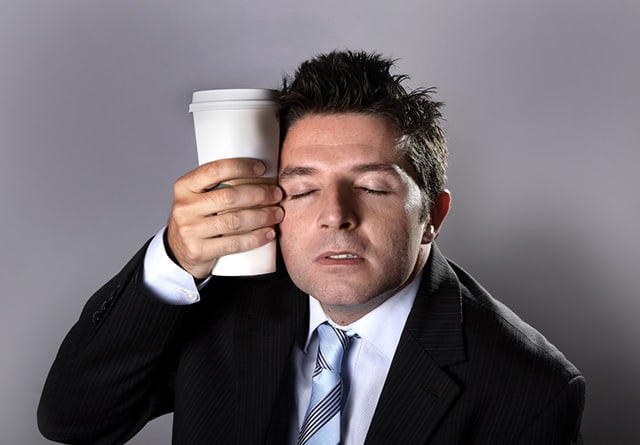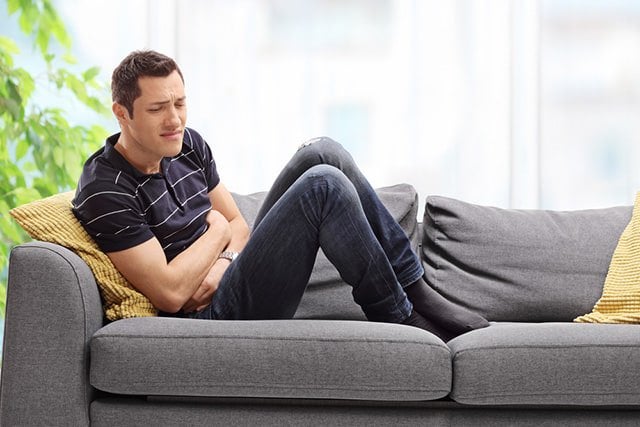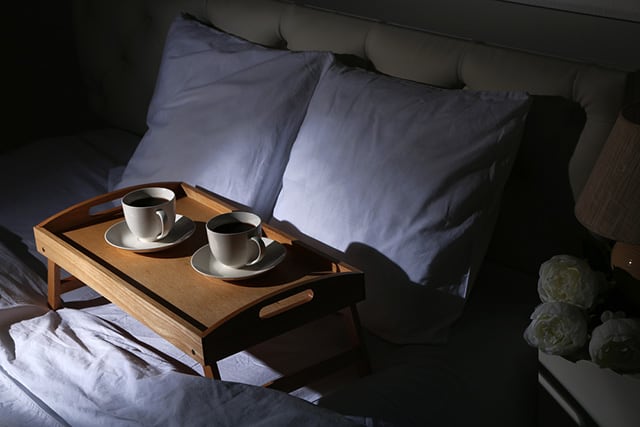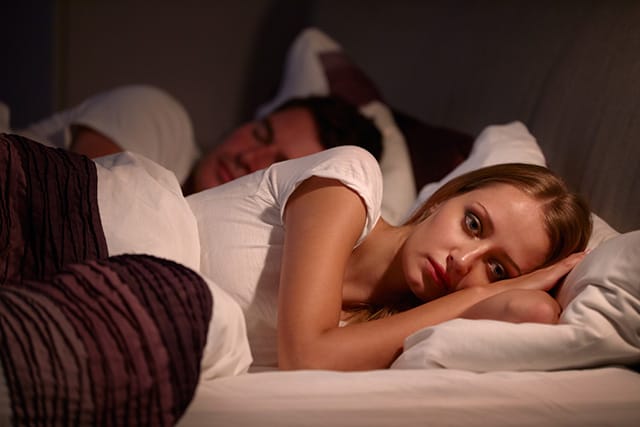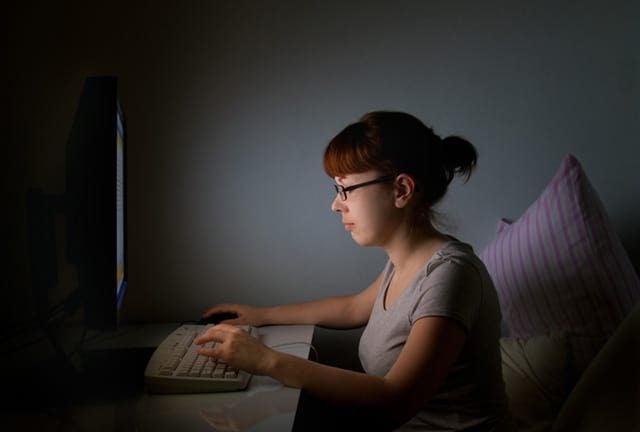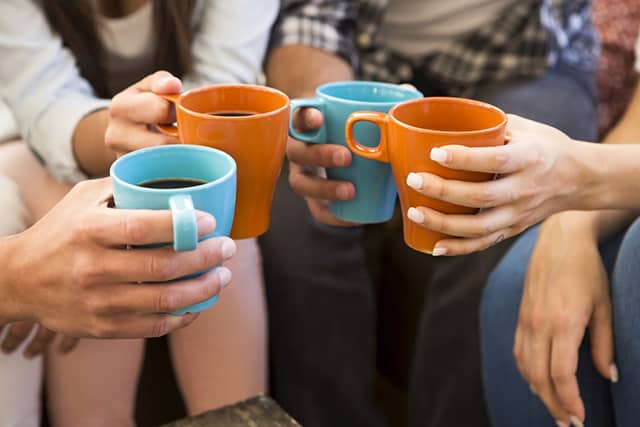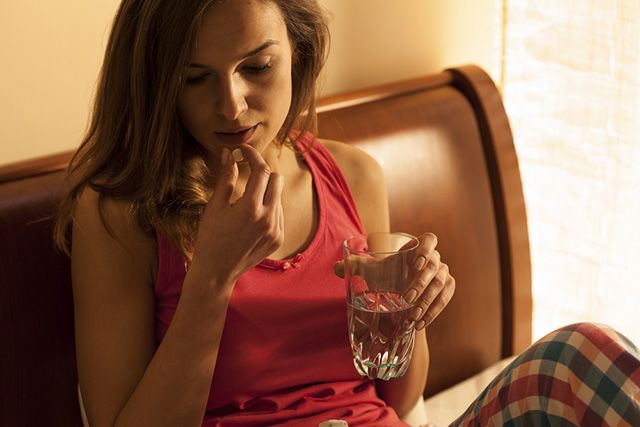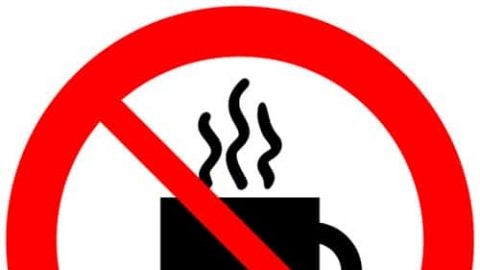This may seem like something of a trivial topic, right? Caffeine makes you stay awake, giving you some energy so you’re more alert. While that’s true, it’s only somewhat true, and it isn’t even true for everyone. There’s actually a lot that goes into the relationship between sleep and caffeine.
Sure, having a cup of coffee to kick your day off can make you feel a bit less groggy in the morning, but what about that second or third cup? At which point does caffeine actually start to affect the sleep you actually want to get versus the tiredness you’re working to avoid? Could caffeine actually be causing you to have those groggy mornings?
What is Caffeine?
One thing caffeine has going for it is that it’s a natural thing, so you’re not really worrying about chemicals and such here. You most often find it in plants, the most common sources being tea, coffee and cacao, but it comes from more than 60 different types of plant. That would be non-herbal tea, just to be specific. What caffeine does is stimulate all the nerves and such in your brain, kicking things up a notch in there so you’re more alert and less likely to fall asleep.
Caffeine Drinks
Caffeine’s been a thing for a long time. One of the first instances we know of regarding caffeine was when the Chinese Emperor Shen Nung boiled some water and tossed some leaves in. That was back in 2737 BCE. Coffee started being consumed in the 800s when a guy saw his goats got pretty energetic after eating coffee berries, so he followed suit. Then, in the late 19th century, caffeine started to appear in carbonated drinks thanks to Dr. Pepper.
Caffeine Addiction
Caffeine can be found all over the place. It’s used in many types of over-the-counter medications in addition to the various drinks and snacks which include it as an additive, if it’s not already in there naturally. No psychoactive drug in the world has a higher number of people using it than caffeine. Coffee has about 100mg of caffeine and green tea clocks in between 20mg and 30mg.
The question of whether or not it is an addictive substance has been contested for years, mostly because it just hasn’t been tested, but if you ask a longtime coffee drinker, they’ll probably say they have some sort of addiction. That could also just be in their heads. Research is being conducted from time to time, there isn’t enough information to say whether or not caffeine should be treated as a psychoactive drug which can cause dependence issues.
How Does It Work?
Our brain uses a chemical called adenosine to relax and slow down toward tiredness. Caffeine stops that from happening. Once you take that gulp of coffee, the caffeine gets pulled into the bloodstream and moved to the liver and sent all over the body, but the brain gets the brunt of the effects. Instead of the adenosine building up as it should throughout the day, caffeine keeps it at bay, thus making you not get tired as the day progresses. It’s really as simple as that.
Side Effects
Aside from the caffeine’s effect on sleep, which we’ll go over in much greater depth shortly, consuming too much caffeine can be a real issue. Taking in high levels of caffeine can lead to diarrhea, sweating, nausea, an increased heart and breathing rate, and muscle tremors. You may want to think about that before you go for that third cup of coffee after an all-nighter. You may feel more alert, but you’re also more likely to find yourself in the bathroom or not feeling well in general.
Scientists can debate the addictive qualities of caffeine and its classification all they want, but there’s no denying stopping the consumption of the stuff after using it regularly can have you feeling unwell. Withdrawal symptoms include headaches, sleepiness, low levels of energy and bad moods. Basically, you’ll become a grump until you get used to it.
Caffeine Effects on Sleep
It’s time to get into the nitty-gritty of things. If you regularly consume more than six cups of coffee per day, you’re likely to have a bad time. Caffeine, particularly when consumed within a few hours of going to sleep, can lead to poor sleep, lack of sleep and even how tired you might be throughout the day. You can even run into more serious issues such as a caffeine induced sleep disorder.
Caffeine Near Bedtime
Researchers at Michigan’s Henry Ford Hospital’s Sleep Disorders and Research Center, along with the Wayne State College of Medicine, conducted a caffeine and sleep study in order to figure out the effects of consuming caffeine at different lengths of time before climbing into bed. The study showed exactly what you might expect: Consuming caffeine before bed is bad. But how late can you have a cup of coffee or tea?
Well, for the absolute best effects, you probably shouldn’t consume any sort of caffeine after lunch. This gives your body time to get it all out of your system. The study specifically targeted caffeine taken zero, three and six hours before the subjects went into bed. In each case, they found that sleep was greatly impacted in the subject which consumed caffeine as compared to those who had taken a placebo. They didn’t go above six hours, so the study concluded that a minimum of six hours should exist between your last intake of caffeine and the time you go to bed. Still, your best bet is to avoid it after lunch.
One of the effects was an increase in difficulty of falling asleep, something which presented itself in a similar fashion to insomnia. During sleep, subjects also experienced disruptions when caffeine was consumed at zero or three hours before sleeping, something which wasn’t as prevalent in those in the six-hour group. However, all groups did see reduced sleep times as a result of consuming caffeine.
Caffeine-Induced Sleep Disorder
If you consume far too much caffeine, something else happens to you. A little thing called caffeine-induced sleep disorder. Now, part of this involves what we read about in the previous section, specifically not being able to sleep all that well because you had caffeine too late in the day. However, overconsumption also brings in some other issues. First, your cycles of sleep become interrupted. There are four, three in the non-Rapid Eye Movement period and the REM cycle itself.
In the earlier stages, our body starts to relax and the brain and such calms down. Our breathing rate slows, body cools and reconstruction and growth happen. With too much caffeine in our system, this period of time is shortened and our sleep quality is greatly diminished. The same happens in REM sleep, which is when memories are stored and various other brain functions happen. Both of these are necessary for proper health, so skipping or shortening them isn’t really an option if you want to be healthy.
Your Daily Cycle
Our life is run by an internal clock which is typically powered by the day and night cycle. We call this our circadian rhythm. Research done by a coalition of scientists found that drinking caffeine can actually mess with that rhythm, forcing a delay in the onset of melatonin release when it’s bed time. This isn’t quite the same as the caffeine’s energy keeping you awake, mind you, this is a shift in your sleep cycle.
The study involved three different experimental factors. One group would get a double-espresso caffeine dose, another would get exposed to bright or dim light, and the final one would get a placebo. What they found was that caffeine knocked sleep back by 40 minutes, while bright light only did so by 20 minutes.
Interestingly, the researchers took away two things from this experiment. First is what we already know: You shouldn’t drink caffeine at night. The second, however, is an interesting perspective, and one which could be helpful for many people. Since caffeine effectively shifts your circadian rhythm, you can use it as a tool to help combat jet lag when travelling especially long distances.
You may be interested in: The Best Coffee Mugs
Bucking the Trends
As usual, there are exceptions to every rule. For instance, caffeine doesn’t affect everyone the same way. The “no caffeine before bedtime” rule isn’t necessarily a hard and fast one. For instance, caffeine doesn’t have any effect on some people’s sleep because they can finish a 12-pack of soda pretty much every other day or have a cup of java before bed, so people have been known to develop a tolerance to the stuff. There are other exceptions, as well.
Genetics can have an effect on the amount of caffeine it takes to feel more alert. A study performed in Italy and the Netherlands compared a specific gene between subjects in each country and came to the conclusion that those with a greater expression of said gene would not drink as much coffee as those whose genes were not as dominant. It was found that those with the more expressive gene metabolized caffeine at a slower pace, thus needing less of it to feel alert throughout the day.
Caffeine and the Night Owl
Yet another bit of research found an additional way caffeine works differently for different folks. People who tend to stay up later at night seemed to be less affected by caffeine than early risers. By their count, people who would be considered morning people who enjoy some type of caffeine during the day didn’t sleep as soundly as folks who burn the midnight oil.
The night owls were able to stay up later, with caffeine, but still sleep without interruption later into the day. The researcher did point out that the test subjects were all college students, so that is something which may have an effect on how soundly one can sleep after a long night. They intended to continue their testing on people other than college students at some point in the future.
Caffeine and Sleeping Pills
You might think caffeine and sleeping pills aren’t a combination which should work, and you would be right. They actually are part of a vicious cycle which doesn’t do anybody any good. If you wind up dealing with sleeping pills because you’re too juiced on caffeine to sleep, or for any other reason, honestly, you’re going to be getting into a bad situation.
In most over the counter sleeping pills, antihistamines are used to bring on that feeling of tiredness. That, however, comes with a pretty serious downside in that sometimes the effects of those antihistamines can last longer than sleep, which can leave you really wanting to reach for that cup of coffee. Of course, this means you’re consuming caffeine again, and perhaps too much, which means you’ll feel the need for more sleeping pills. See the problem?
Cutting Out Caffeine
If you truly want to live a healthy lifestyle and get excellent sleep, you might want to consider getting away from caffeine entirely. According to one bit of research, even avoiding coffee for a single day can have a marked effect on sleep quality, leading you to a better night’s rest without a whole lot of investment. More rest means less need for caffeine, anyway.
But if a hot beverage is something you truly need during the evening hours, you can try your hand at substitutes that actually help you sleep such as chamomile tea, hot lemon water, or anything decaf.
You may be interested in: How to Fall Asleep After Drinking Coffee
The Rundown
When it comes down to it, if you want a good night’s sleep, you need to avoid caffeine. You especially need to avoid it for no less than six hours before bed, and if you can do longer, even better. Yeah, caffeine can make you feel more alert in certain situations, but if you’re reaching for that cup of coffee because you had coffee too late the day before, you’ve put yourself in a cycle you’re going to want to get out of as soon as you can. Going without good sleep can lead to heart health issues and a general feeling of grumpiness.



